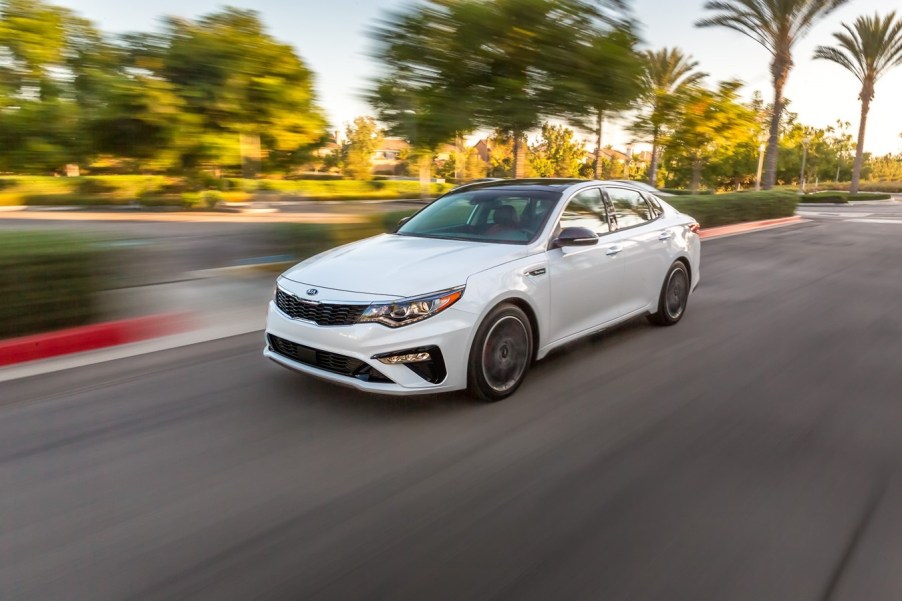
COVID-19 Surprisingly Just Made Some Cars Stay More Dangerous
The National Highway Traffic Safety Administration (NHTSA) extended new rules on “quiet cars” once again due to the COVID-19 pandemic. The regulations that specifically target electric and hybrid vehicles require them to emit an alert sound that warns pedestrians of their approach. According to the agency, any vehicle that weighs up to 10,000 lbs and moves at a speed of up to 18.6 mph must emit between 43 and 64 decibels while on the road. At higher speeds, wind resistance and tire noise increase the sound the vehicle makes, lowering the need for a separate alert sound.
Are the new ‘quiet car’ rules justified?

Automakers in the United States are racing to meet emissions requirements by making and selling more electrically-powered vehicles. These vehicles are sometimes referred to as “quiet cars” because, unlike gasoline-powered vehicles, it is typically harder to hear them approach, especially when moving at low speeds. However, NHTSA reports reveal that the collisions between these so-called “quiet cars” and other road users, including pedestrians and cyclists, occur at a higher rate than traditional gasoline-powered vehicles.
NHTSA estimates that the new rules, which will cost the auto industry up to $40 million per year according to Reuters, will help reduce pedestrian crashes by 19 percent. Up to 125,000 pedestrians and cyclists are involved in road accidents in the United States each year, according to NHTSA reports. To comply with the new rules, automakers will need to outfit vehicles with external waterproof speakers to produce a noise that alerts road users without being heard by passengers in the vehicle.
The regulator had previously stated it was considering requests from automakers to allow for the inclusion of multiple sounds that would allow consumers to select a preferred sound when purchasing a vehicle.
Why the NHTSA is taking action now
The long-delayed rules were first demanded by Congress ten years ago and required car manufacturers like General Motors Co, Tesla Inc, and Nissan Motor Co to make these corrections on vehicles that move at speeds of 18.6 mph or below. The regulations were intended to enhance road safety by preventing injuries of pedestrians, especially persons with low vision, and cyclists. NHTSA expected the rules to prevent up to 2400 injuries annually by 2020. The benefits stemming from the reduction in injuries are estimated to be between $250 and $320 million annually.
Initially, proponents of the regulations had stipulated that automakers had to fit all “quiet vehicles” with sound devices by September 2010. The 2010 law that was passed by Congress required NHTSA to finalize the rules by January 2014. In 2016, NHTSA mandated that half of all new vehicles comply by September 1, 2018, while all other new vehicles under production were required to comply by September 2019. The agency’s deadline was later moved to September 1, 2020.
COVID-19 hits the vehicle manufacturing sector
Citing delays due to the COVID-19 pandemic, the deadline was again moved after a group representing major automakers petitioned NHTSA to extend the compliance deadline by at least one year. The agency opted to extend the deadline by six months to March 1st, 2021.
The popularity of electric vehicles has been on a steady rise across the globe. Government subsidies, increased range, and environmental sensitivity are some of the factors making them popular. They are also becoming cheaper to buy and operate, which makes them more accessible to the general public. However, their “quiet nature” has raised safety concerns. Road safety campaigners hope the new regulations will address these concerns. Whether the deadline for the new rules will be extended further remains to be seen.


